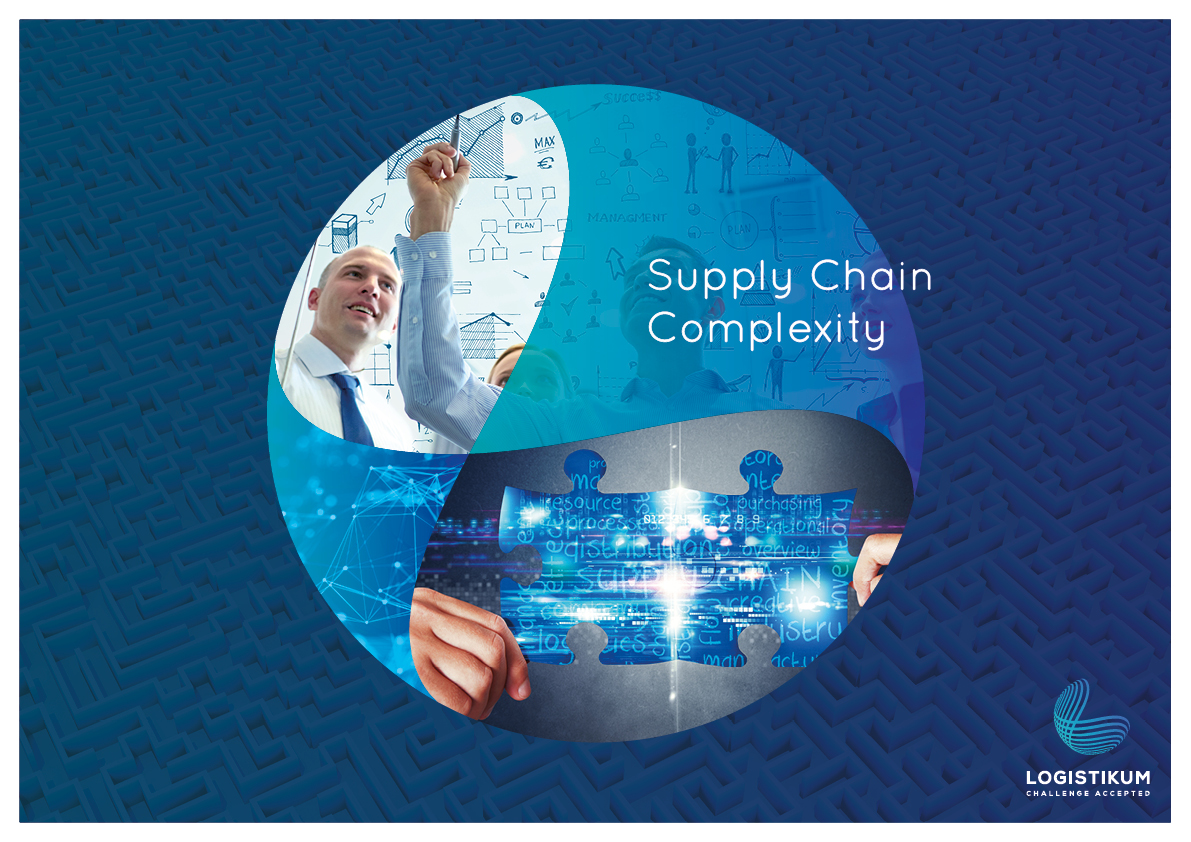Supply Chain Complexity
Area of expertise: Supply Chain Management
Strategies for managing supply chain complexity
Current trends, such as shorter product life cycles, higher product variety and greater geographical distribution of customers and suppliers, are leading to an increase in the interactions between different elements of a supply chain. The competence field "Supply Chain Complexity" tries to develop concepts and approaches to successfully deal with these challenges.

Relevance of Supply Chain Complexity (Good and Bad SCC)
Studies show a steadily increasing level of Supply Chain Complexity. This forms the basis for the continuous further (development) of innovative approaches and tools for complexity management and underlines the importance of complexity research. The goal of research in the competence field is the identification of the company-specific optimal level of complexity.
A multidisciplinary approach
In order to understand, control and manage supply chain complexity, it is essential to incorporate findings from different disciplines. Accordingly, the competence field pursues a multidisciplinary approach. In addition, qualitative and quantitative research methods are used to obtain meaningful results.
The following important aspects of complexity research are the focus of the competence field:
- Definition and operationalization of the defining elements of supply chain complexity
- Identification of complexity causes/drivers
- Identification of mechanisms to influence complexity
- Identification of the effects of supply chain complexity (e.g. on company performance).
In this context, the competence field "Supply Chain Complexity" tries to apply general theories, such as systems theory and complexity theory, to different contexts in order to generate general, domain-neutral insights.
.jpg)
.jpg)
.jpg)